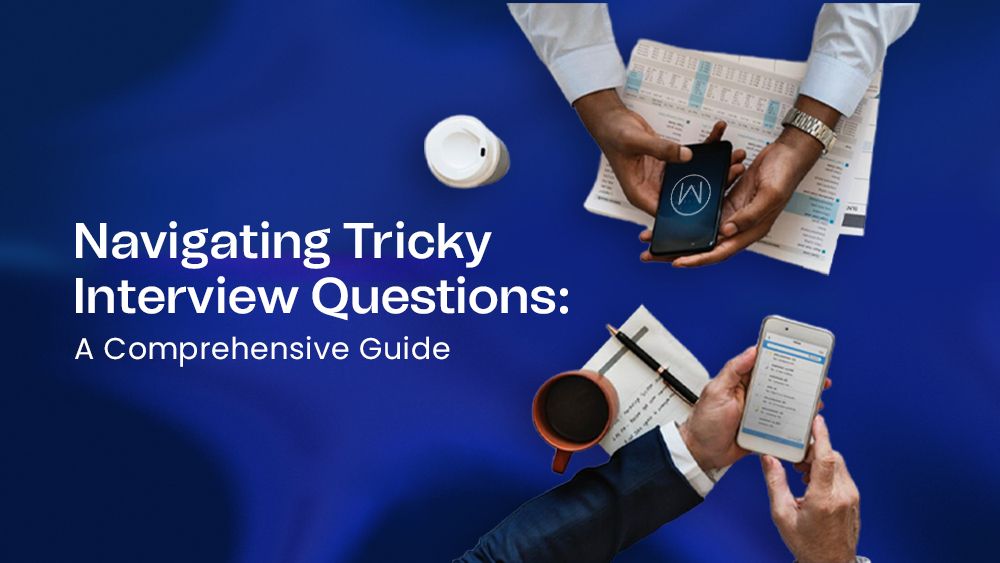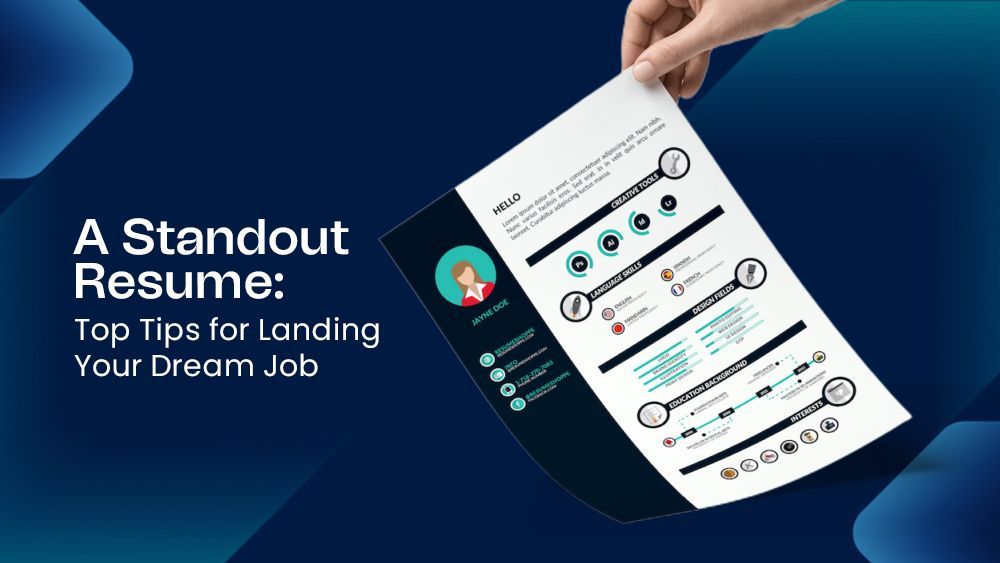Our Services
Engineering & Technical Experts
We are all about partnerships and building successful careers, through leveraging strong industry knowledge. Our passion lies in uncovering talent and connecting potential with opportunities and our industry experts are committed to adding value and delivering successful outcomes. We understand the importance of matching the right skills to each position, we use an in-depth consultative approach to truly understand your business as a whole and the unique balance between skills and culture that define the best fit for your company.
Our local market and field knowledge, allows us to find the best candidates every time. Our team of recruiters have over 40 years’ combined experience in the engineering and technical fields. Comprehensive search techniques and extensive networks mean we can quickly connect with the top candidates and opportunities in this area, specialising in those ‘hard-to-fill’ roles.

Our team is 100% committed to adding value and delivering successful individual and community outcomes. When your search demands superior results, rely on Mergent. Partner with us and experience first-hand, the results and positive impact we can make on your business or career.
Regardless of the position level, you are seeking to find or fill. Our proven methodology and advance technology solutions, matches the right person to the right role, taking your talent further. We are dedicated to making positive changes in the lives of our clients and candidates, and we’ll do everything we can to assist you in your career and business journey.
Our Core Services
Mergent are Engineering and Technical experts in the Mining, Defence, Oil & Gas, Rail,
Road, Infrastructure and Renewables sectors. We connect the best talent with
Australia’s most desirable employers, and we make it happen fast.
Why Choose us
FAST HIRING PROCESS
At Mergent Group, we boast a vast and diverse collection of specialist workers. Ensuring that we connect you with the right talent for your specific needs
EXTENSIVE TALENT POOL
With four decades of industry experience, we have a deep understanding of the challenges and demands in your sector. Our commitment to recruiting top-tier talent stems from this knowledge. We ensure both businesses and candidates thrive under our people-focused service.
CUSTOM CONSULTING
With an in-depth consultative approach, we truly understand your business as a whole and the unique balance between skills and culture that define the best fit for your company’s success.
ADVANCED SELECTION TOOLS
We have leading Applicant Tracking Software, integrating seamlessly into all relevant talent portals, job boards and social platforms to make sourcing efficient and provide transparency throughout the entire journey.
Want the Best Talent on Your Team? Choose Mergent Group Today!
Reduce downtime and find reliable talent with our expert team to keep your operations moving. Reach out to our team today to discuss your vacancy
Latest Industry Insights












